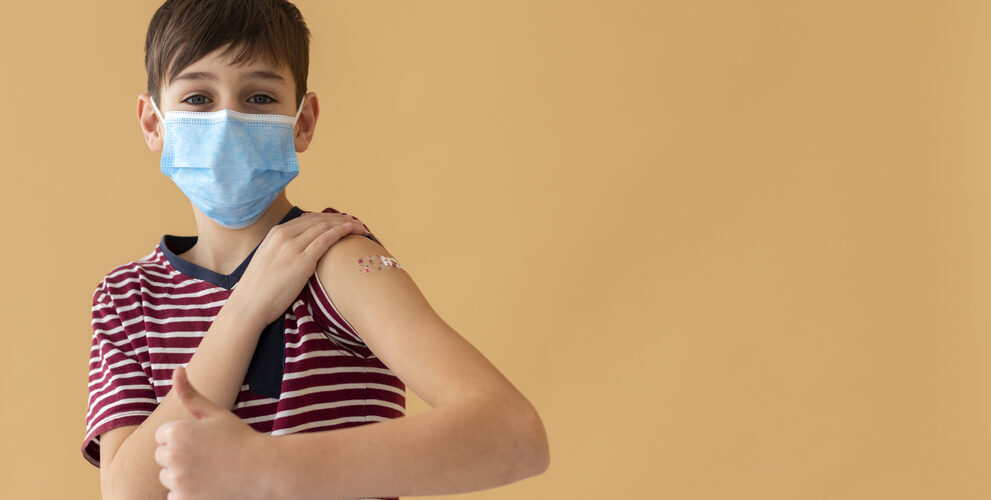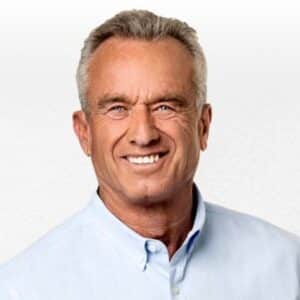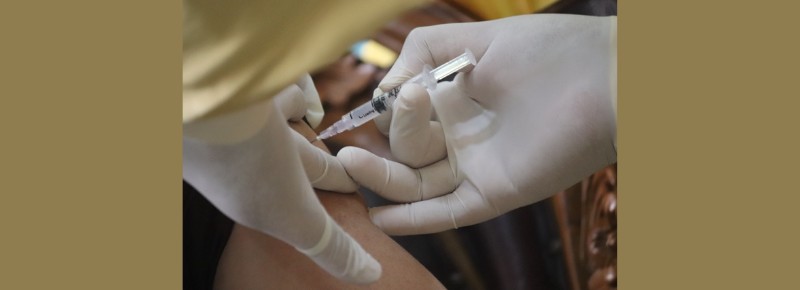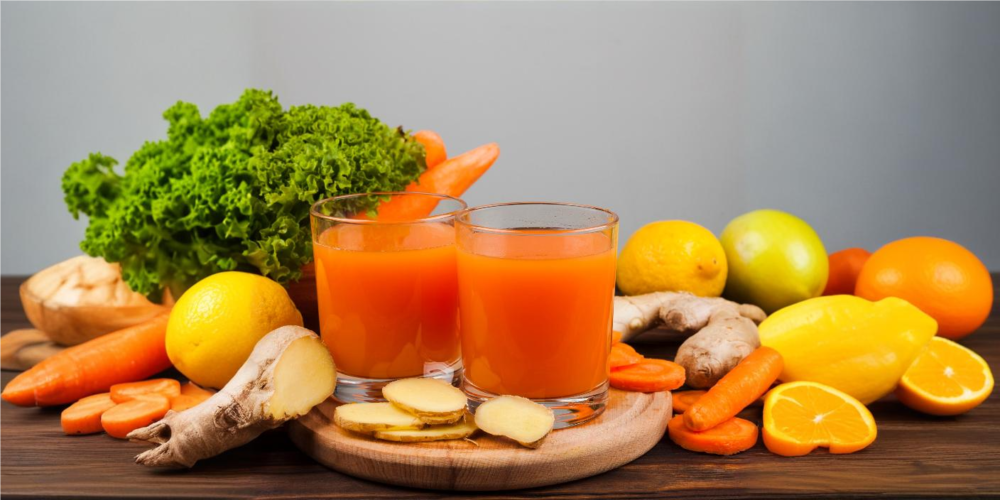FACT CHECK: Is Robert Kennedy Jr. right about no evidence for COVID shots in healthy children?
A viral video from Kennedy Jr. challenges long-standing Covid vaccine guidance, but what’s the truth?
Author
Author
- admin / 8 months

- 0
- 5 min read

Author
COVID-19 vaccines are no longer recommended for healthy children and pregnant women, US Health Secretary Robert F. Kennedy Jr. announced on Tuesday. In a 58-second video posted on X, he said, “I couldn’t be more pleased to announce that as of today, the COVID vaccine for healthy children and healthy pregnant women has been removed from the Centre for Disease Control and Prevention (CDC) recommended immunization schedule.”
The video also featured NIH Director Dr. Jay Bhattacharya and FDA Commissioner Dr. Marty Makary. However, there was no one from the CDC. The CDC directed questions about the announcement to Kennedy and the U.S. Department of Health and Human Services, which also did not immediately respond to questions about how the decision was made, news agency Associated Press reported on Wednesday.
Kennedy Jr. noted that the Biden administration had previously urged healthy children to receive another COVID-19 booster despite the “lack of clinical data” to support this strategy.” He further said: “It’s common sense, and it’s good science. There’s no evidence healthy kids need it today, and most countries have stopped recommending it for children.”
This move was immediately questioned by several public health experts, who called it concerning and confusing. Until this announcement, U.S. health officials have been urging annual COVID-19 boosters for all Americans ages 6 months and older.
In June this year, a CDC advisory committee was set to meet with the objective of providing guidance on COVID-19 vaccinations for the upcoming fall season.
However, Health Secretary Kennedy, known for his previous stance against vaccines, acted ahead of the panel’s findings. He criticized the recommendation of yearly COVID-19 boosters for children, arguing that it was made without supporting clinical evidence.
It remains uncertain whether official documentation was released following the social media announcement. As of Wednesday, the CDC’s website continued to recommend annual COVID-19 booster shots for children. The impact of Tuesday’s announcement on federal programs, like the Vaccines for Children initiative, which offers vaccinations to uninsured and underinsured children, is unclear.

An Oxford University study found that between August 2021 and July 2022, COVID-19 was the underlying cause of death for more than 940,000 people in the US, including over 1,300 deaths among children and young people up to 19 years of age. Using data from the US Centers for Disease Control and Prevention (CDC), researchers found that infants under the age of one faced the highest risk, with a mortality rate of four per 100,000. The number of deaths among children and infants was notably higher during the Delta and Omicron surges of the COVID-19 pandemic.
Here we fact-check Kennedy’s claims on the lack of clinical data supporting vaccination among healthy kids, and pregnant women.
CLAIM 1: Kennedy asserted that the Biden administration’s push for additional COVID-19 boosters in healthy children lacked clinical data.
FACT: Misleading.
Three years of vaccine safety monitoring data show that the COVID-19 vaccines are safe in children. As the CDC explains, children may experience some mild and temporary side effects, as is expected after any vaccination. But “adverse reactions are rare” and “the benefits of COVID-19 vaccination outweigh the known risks of COVID-19 and possible severe complications.”
Besides, a study published in the Annals of Internal Medicine, involving over 144,000 children, found that the Pfizer-BioNTech COVID-19 vaccine effectively prevented moderate to severe illness and ICU admissions during the Delta and Omicron waves.
Another study published in eClinicalMedicine showed that by reducing infections, the vaccine also helped shield children and adolescents from developing long COVID.
CLAIM 2: There is no evidence healthy kids need vaccines today, and most countries have stopped recommending vaccines for children.
FACT: Partially misleading.
According to the CDC, from October 2024 to March 2025, children and adolescents accounted for 4% of COVID-19-related hospitalizations, with the highest rates in those under 6 months. While 59% of hospitalized children had underlying conditions, 41% did not, indicating that healthy children can still face severe outcomes.
Kennedy’s claim that “most countries have stopped recommending it for children” is partially accurate. Countries like the UK and some European nations have shifted to risk-based recommendations, prioritizing high-risk children.
A study published in BMJ Paediatrics Open looked at how two countries — Japan and South Korea — approached COVID-19 vaccination for children. Japan used a universal vaccination strategy, offering the vaccine to all children. South Korea used a risk-based strategy, giving it mainly to children with health conditions. As a result, Japan had much higher vaccinations; 19% of kids aged 5–11 and 72% of teens aged 12–19 were vaccinated, compared to just 2% and 55% in South Korea.
The study also found that more children died from COVID-19 in South Korea. Among children aged 0–9, the death rate was 1.07 per 100,000 in Korea, compared to 0.43 in Japan. For those aged 10–19, Korea’s rate was 0.49, while Japan’s was 0.19.
The study suggests universal vaccination is more effective for reducing child mortality, as risk-based approaches struggle to identify at-risk children.
CLAIM 3: No recommendation for healthy pregnant women.
Fact: Misleading. Contrasts evidence.
Kennedy’s announcement includes removing COVID-19 vaccine recommendations for “healthy pregnant women,” but the definition of “healthy” is unclear, given that pregnancy is considered a high-risk condition due to potential complications affecting the mother, baby, or both.
Moreover, a 2022 study explains how infection during pregnancy is associated with an increased risk for COVID-19 illness and related complications. Studies suggest that pregnant women who have COVID-19 have a higher risk of serious health problems, such as ICU admission and mechanical ventilation than non-infected pregnant women. US-based studies have also identified an elevated risk of preterm birth and severe COVID-19 illness in pregnant women.
Also read: Fresh COVID concern: NB.1.8.1 variant found in US, after China, India surge – First Check
(Do you have a health-related claim that you would like us to fact-check? Send it to us, and we will fact-check it for you! You can send it on WhatsApp at +91-9311223141, mail us at hello@firstcheck.in, or click here to submit it online)










